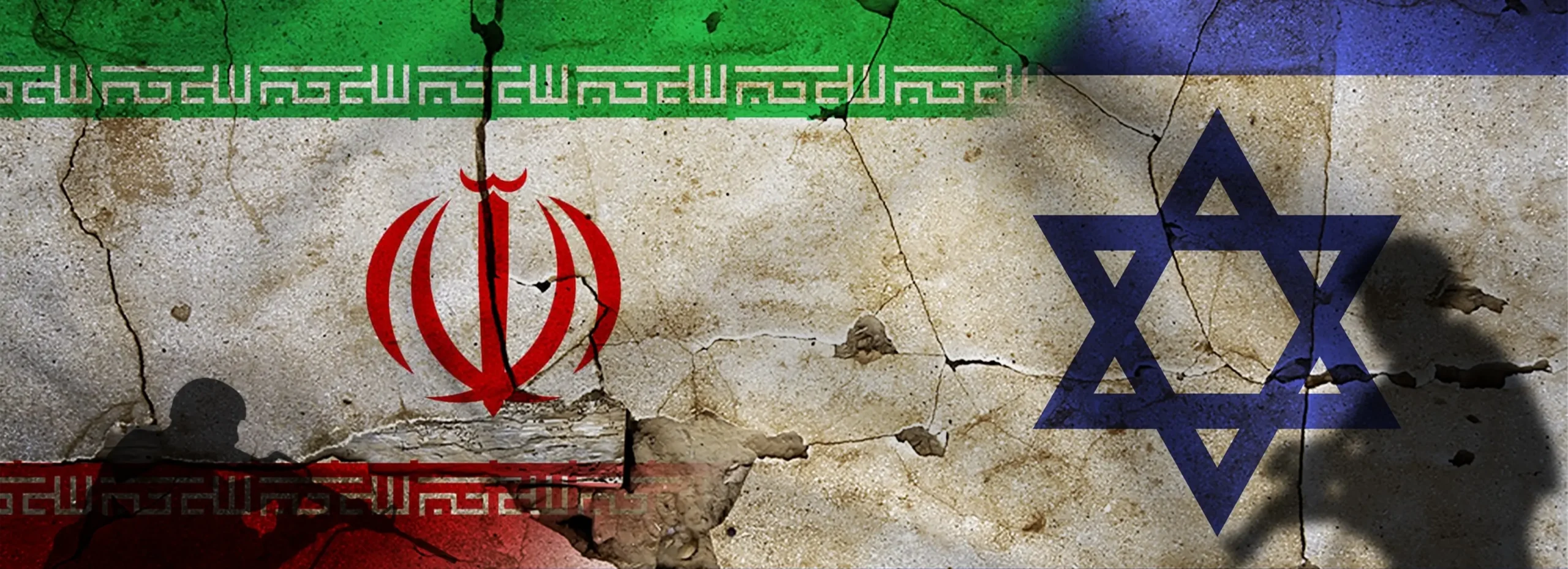17 Apr 2024
The Fallout of Escalating Iranian-Israeli Tensions
The Iranian Revolutionary Guard's Air Force made a historic move by launching a direct assault on Israel in an operation dubbed "The True Promise," marking the first instance of such an attack originating from Iranian territory. Late on Saturday, April 13, 2024, Israeli cities were subjected to a relentless barrage of drones and ballistic missiles, signalling a significant escalation in tensions between the two nations. This offensive action follows Iran's earlier pledge to retaliate against Israel for its targeting of the Iranian consulate in Damascus, an incident that resulted in the deaths of seven Revolutionary Guard members, including two high-ranking leaders, on April 1.
This calculated escalation underscores Iran's unwavering commitment to defending its sovereignty and national interests while bolstering regional security. The global spotlight now shifts to the scale, sophistication, and broader implications of Iran's strike against Israel.
The Iranian assault on Israeli soil marks a pivotal moment in the ongoing conflict between the two adversaries, thrusting their hostilities from the shadows into the open arena of direct confrontation.
Against this backdrop, the Israeli response hinges on several key factors. Firstly, the extent to which Iranian proxies, such as the Houthis and Hezbollah, may actively participate in the conflict will influence Israel's strategic calculus. Secondly, the response will be shaped by the presence or absence of casualties among Israeli forces, as well as the effectiveness of its defence systems, bolstered by support from the United States, in mitigating potential damage. Lastly, how Israel opts to retaliate will be of paramount importance in determining the trajectory of the conflict.
Consequently, this analysis aims to elucidate the attack's ramifications and its economic repercussions on the parties involved in the conflict.
22 Mar 2024
Will Netanyahu Conscript the Haredim?
This article was originally published on Ahram Online on Mar. 22, 2024.
The question of conscripting Ultra-Orthodox Jews, commonly known as Haredim, into the Israeli military has once again taken centre stage. This resurgence in debate follows calls by secularists, supported by several war cabinet members, including Defence Minister Yoav Gallant. During a press conference on Feb. 28, they advocated for amending conscription laws to include the Haredim.
The urgency behind these calls is fuelled by various challenges Israel currently faces. These include a labour shortage exacerbated by the ongoing Israel-Hamas War and tensions along the northern border with Hezbollah. The potential inclusion of Haredim in military service has sparked significant controversy within the Haredi community. Chief Sephardi Rabbi Yitzhak Yosef even issued a warning of a mass exodus of Haredi Jews from Israel if conscription becomes mandatory.
This latest call reignites an enduring conflict within Israeli society, rooted in the exemption privileges historically granted to Haredim. The issue remains unresolved due to the influence of religious parties, the political considerations of prime ministers, and the social dynamics within Israeli society. The exemption policies have long been a contention, particularly among secular citizens. Tensions escalated during the costly mobilisation efforts for the Israel-Hamas War, with over 66,000 Ultra-Orthodox youths exempted from military service in 2023 alone. This disparity has led to increased demands for the inclusion of Haredim in the military service, especially given the multiple security threats faced by Israel since Oct. 7.
Prime Minister Benjamin Netanyahu's return to power in late 2022 alongside the right-wing bloc underscored their determination to challenge conscription policies. Netanyahu's efforts to amend the Judicial Authority Law, dubbed "judicial reform", were met with widespread opposition from the secular community, leading to massive demonstrations.
These amendments aimed to circumvent a 2017 Supreme Court ruling that invalidated legislation preventing Haredim's conscription. Despite government concessions, including multiple deferments of recruitment deadlines, the issue remains unresolved. As the latest extension is set to expire on Mar. 31, a looming question remains: Will Netanyahu conscript the Haredim?

